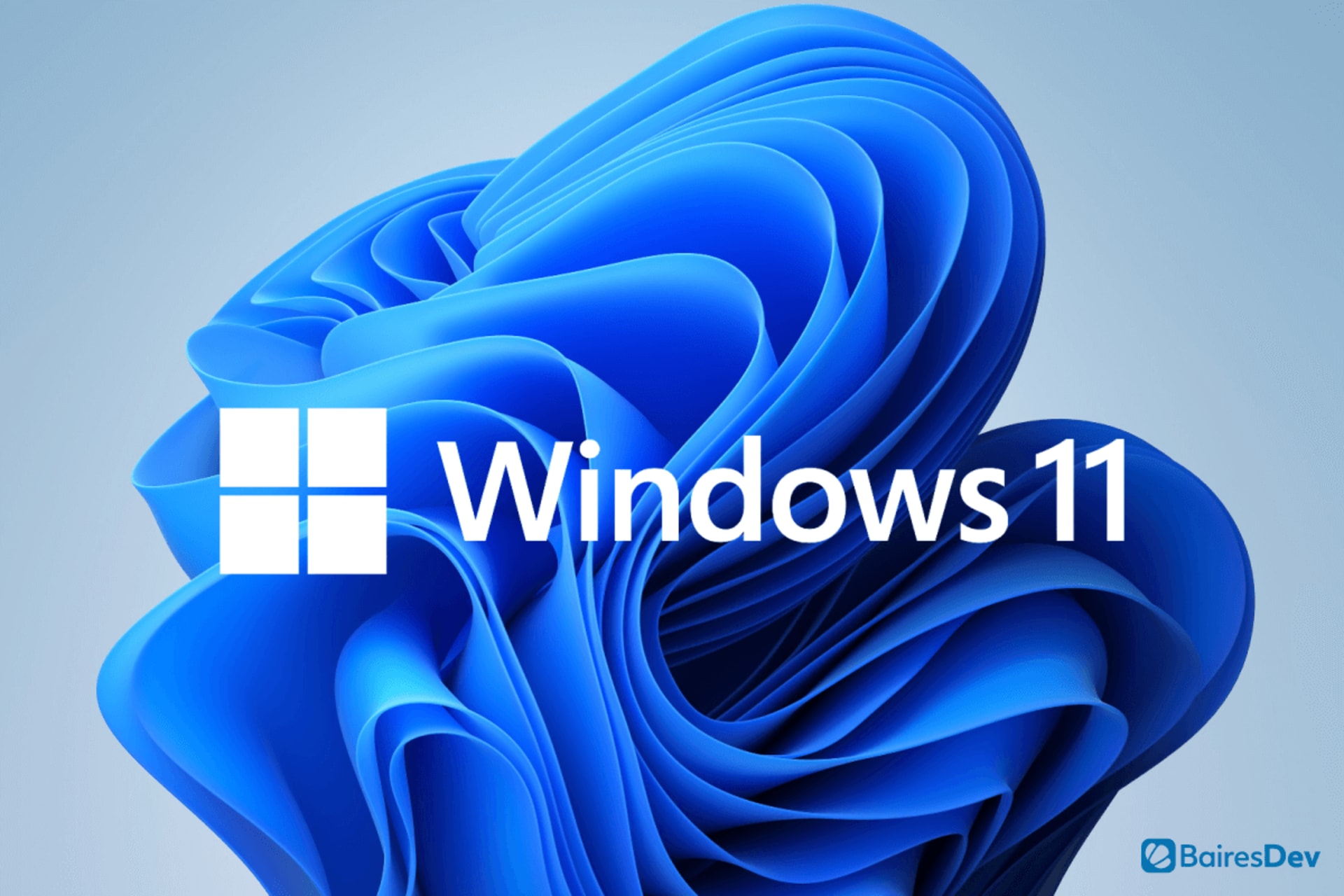In my introduction to this new article series, I mentioned new regulations as an example of potential disruptions that can affect your company. “New Regulations” can mean many things—from tax and compliance regulations to specific sanctions against countries, people or companies.
In the convoluted, pandemic-infused world we’re living in, global companies have to deal with diverse political scenarios that include unstable or antagonistic governments, power shifts, economic restrictions, tighter regional regulations, terrorist threats, the ever-evolving pandemic, and other unpredictable events.
All of these constitute geopolitical risks that can greatly disrupt and negatively impact the global economy broadly, and your vendor/partner relationships specifically. The EU’s General Data Protection Regulation (GDPR), Brexit, the new cold wars that include the U.S., China, Russia, and some former Soviet republics, economic sanctions between different countries and regions—all of those phenomena and many others configure an overtly complex scenario for companies conducting their businesses at a global scale.
It’s not just regulations that can hinder business: the ability to obtain a visa or fly to certain countries has become far more challenging in the past few years. All of this adds risk, potentially hindering the ability to transact business or ensure close cooperation with your technology partners.
Naturally, these political processes exist independently from the business landscape but deeply affect it nonetheless. Since you’re not able to fully eliminate all geopolitical risks, you should focus on mitigating them. Knowing how all of these political processes can affect you is the first step towards that mitigation.
Types of Geopolitical Risks
First and foremost, there are broad 2 types of geopolitical risks depending on the size of their impact:
- Macro risks. These are major issues that involve radical changes in countries or regions. Examples include major power shifts (like Brexit), civil or regional wars, long-term trade disputes, and other high-level risks.
- Micro risks. These affect only specific sectors, such as industry-specific taxes, restrictions, sanctions or caps on the export or import of certain products or services, short-term restrictions or difficulty obtaining visas either to or from the country you are considering, etc.
You should also take into account the most common geopolitical risks for global (multinational) companies, including:
- Operating in emerging or unstable markets, which can be affected by changes in economic conditions, civil unrest, expropriation of assets, and other challenges.
- Capital losses or time-to-completion challenges due to changes in local or regional laws and regulations or political instability.
- Compromised cybersecurity due to weak legal framework, infrastructure vulnerabilities, or a lack of local awareness.
Solutions to an Increasingly Common Problem
As a company extends its physical or digital reach across the globe, geopolitical risks increase dramatically. Any company that uses providers or provides goods and services outside the U.S. must develop a strategic plan to mitigate potential disruptions caused by geopolitical factors.
While that plan will look different depending on the company, its specific risk profile, and its industry, there are certain actions you can take to mitigate the geopolitical risks:
- Distribute critical assets across different countries and regions. As it happens with vendor lock-in, if you concentrate all your ex-U.S. essential resources and partnerships in one location or with one vendor, you vastly increase your chances of being affected by disruptions. A multi-region vendor strategy with multiple vendors has become an unspoken but required strategy demanded by CEOs, boards, and investors alike. This protects against geopolitical and financial risks, spreads company-specific knowledge in a safe and redundant way, and ensures that your company can keep growing even in the face of geopolitical headwinds.
- Develop a proactive approach towards risk management that puts strategic data for decision-making at its core. Using AI tools in combination with standard business analysis, you can gather critical information about the locations where you or your vendors operate as well as the confidentiality and security of the data you possess, allowing you to anticipate potential issues and act before they affect you.
- Listen to local experts that know the ins and outs of the specific political situation of their country and region. Your strategy should benefit from the insights of these experts, as they will allow you to better understand the nuances and local contexts, and hopefully be able to use their influence to protect your company and vendor relationships.
- Insure your assets against the most common threats of the locations in which you operate. This implies evaluating your assets and the potential risks that can affect them as well as analyzing the type of insurance you’ll need.
- Outsource to experienced, reliable vendors in the places you operate or source services. Local providers can give you access to the insights mentioned above while also providing you with the agility to act in case of disruptions.
Any company with a global presence from either a customer or supplier perspective should apply all of these measures to mitigate geopolitical risks. These constitute the core of a solid strategy to address the actual and potential challenges on the worldwide stage.
Vendor lock-in and geopolitical risks might not be at the top of your priority list today – but have the potential of becoming major risks very quickly. Yet, failing to pay attention to them will undermine your global efforts and will surely take its toll—often sooner than you think! Key to addressing these risks is knowing how to decentralize your operations, involve multiple geographies as a “hedge”, and partner with experienced and reliable providers.
This will provide you with the agility and the resilience you need to dynamically adjust your business to the ever-changing needs of modern markets and realities.
This article is part of the Outsourcing Risk Series.
If you enjoyed this article, be sure to check out some more outsourcing articles.
- Streamlining Communication for Successful Software Outsourcing Projects
- Common Outsourced Services in the Fintech Industry
- 7 Reasons Why You Should Consider Outsourcing SaaS Development
- Crafting Comprehensive Service Level Agreements for Software Outsourcing






